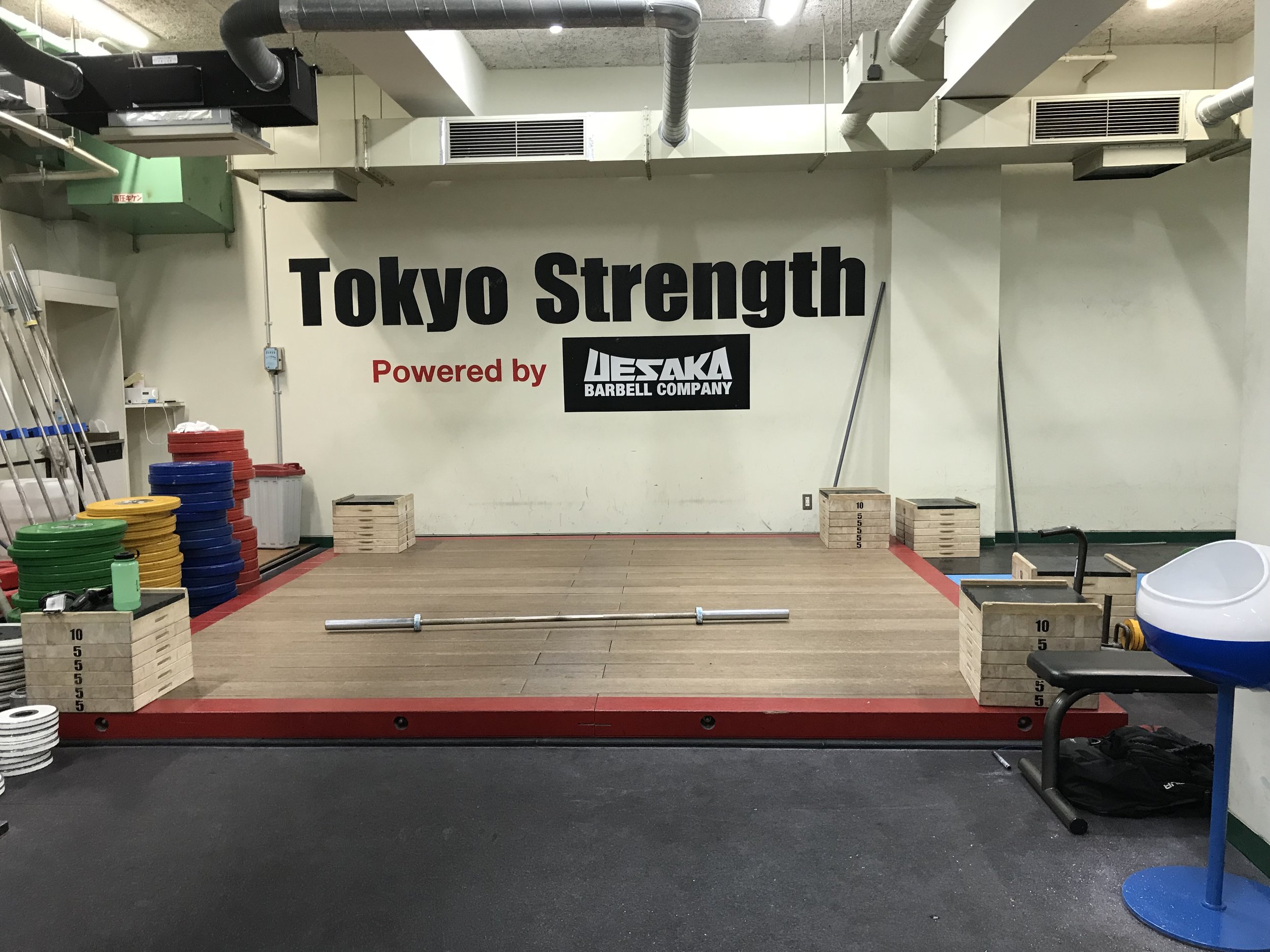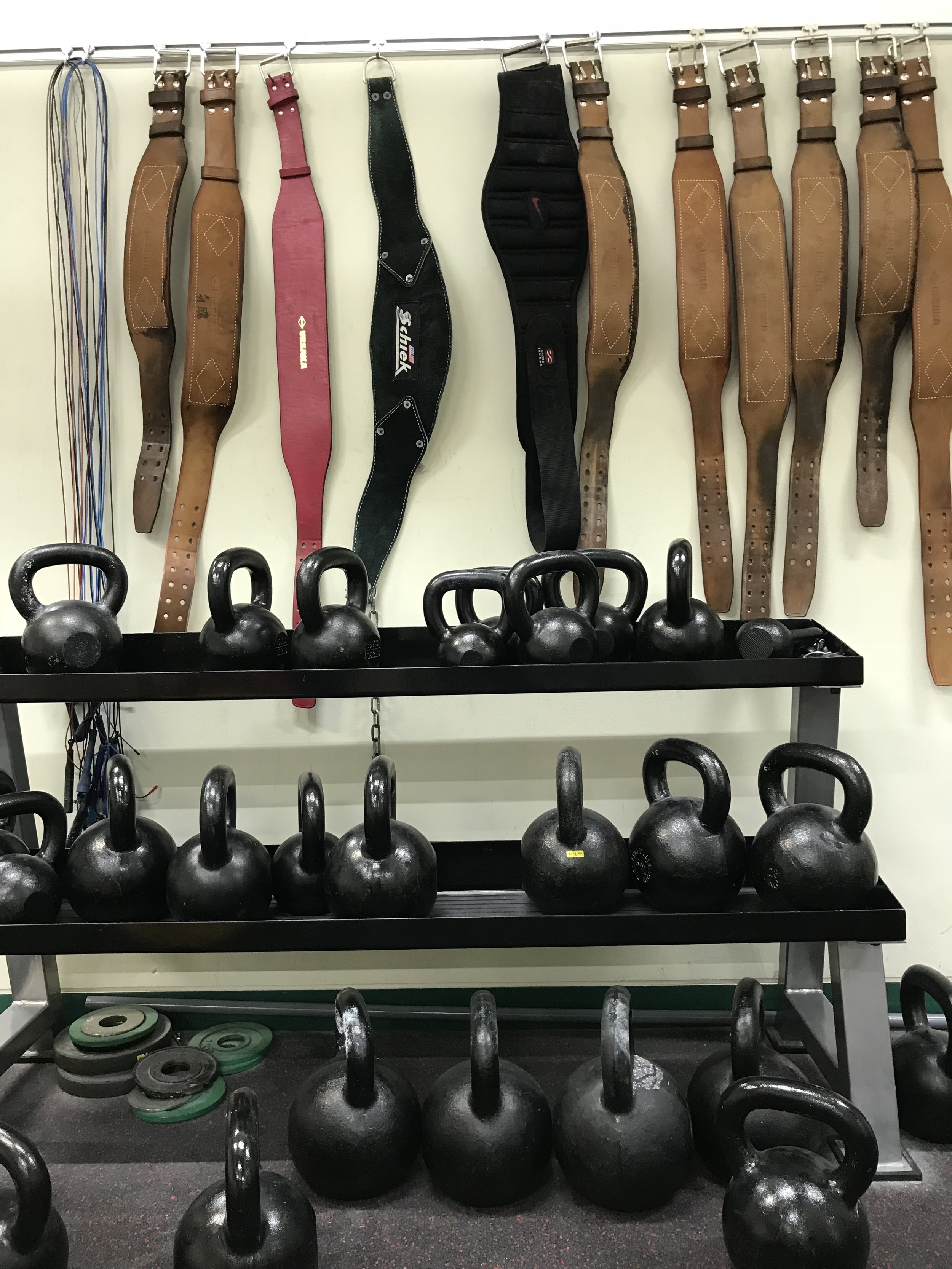A couple days after I published my last post, I got my heart broken.
It wasn’t the usual breakup because I don’t think I’ve ever loved anyone as intensely. It wasn’t because the feelings weren’t mutual; and so, it completely obliterated me.
The first two weeks, I couldn’t function. To be honest, I don’t really remember much of those two weeks, but for the next month, I woke up with a nervous pain in my chest that would explode into wailing sobs throughout the day. I lost my appetite and stopped eating. I wanted to disappear. Life ceases to have meaning after you lose someone you thought was the love of your life. In a lot of ways, I still don't see the point in it.
It would be nice to say that it drove me back to the bike, but it didn’t. I threw myself into CrossFit instead.
Maybe I was doing it because I had nothing else to do, and the bike had its own share of burdens. Maybe it was a convenient distraction that I’d already paid for. Maybe, in the end, I kept going because he had gotten me into it. But I had fallen in love with CrossFit by myself, and those first few weeks, it saved me. The searing of straining muscles, the feeling of pain reduced to numbness from exhaustion and exertion, the suffocation, the sensation that I might be drowning. It all mirrored my state outside the CrossFit box but somehow, there, there was catharsis.
I started going to classes every day the box was open. I switched classes so that I could stay afterwards to practice everything I couldn’t do. When the memories ripped through whatever healing I’d managed, I practiced pull-up negatives and push-ups at home. Last weekend, I doubled up and went to two classes in one day.
It sounds crazy, I know, or at least, excessive. Overcompensation for a lost love and a directionless life. Seeking redemption from emotional trauma through physical pain. Or worse, a self-imposed punishment for a perceived general lack of worthiness. All embarrassing ways of coping with loss and projections of internal strife.
But isn’t that how we all survive? You put yourself through solitary trials until one day you don’t wake up every day wishing you hadn’t. Until you reach a point where whatever you’re doing, day in and day out, is less of a coping mechanism, and the desire to do that thing or activity overshadows the frantic need to do it. Until that raw, open wound of true heartbreak becomes a more manageable – though lifelong – hurt.
I haven’t gotten there yet, but I’m trying.





